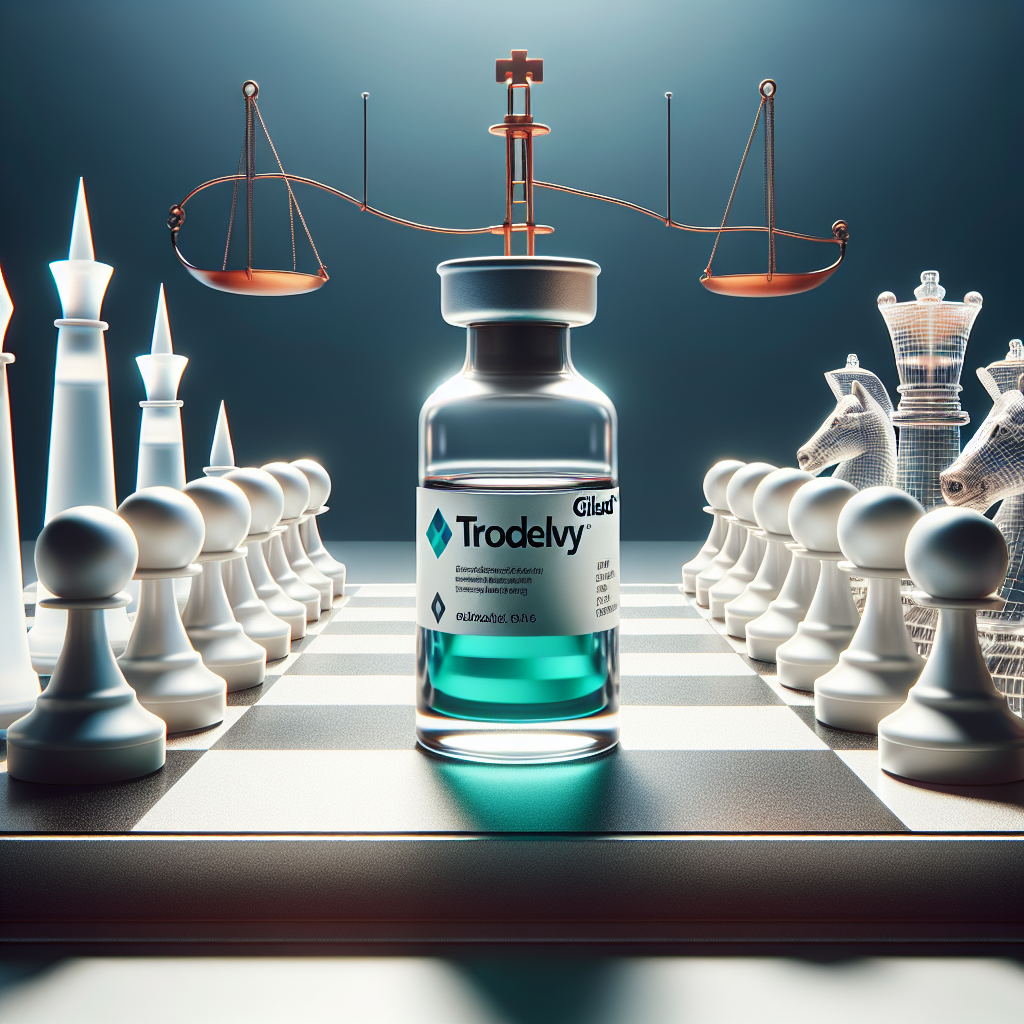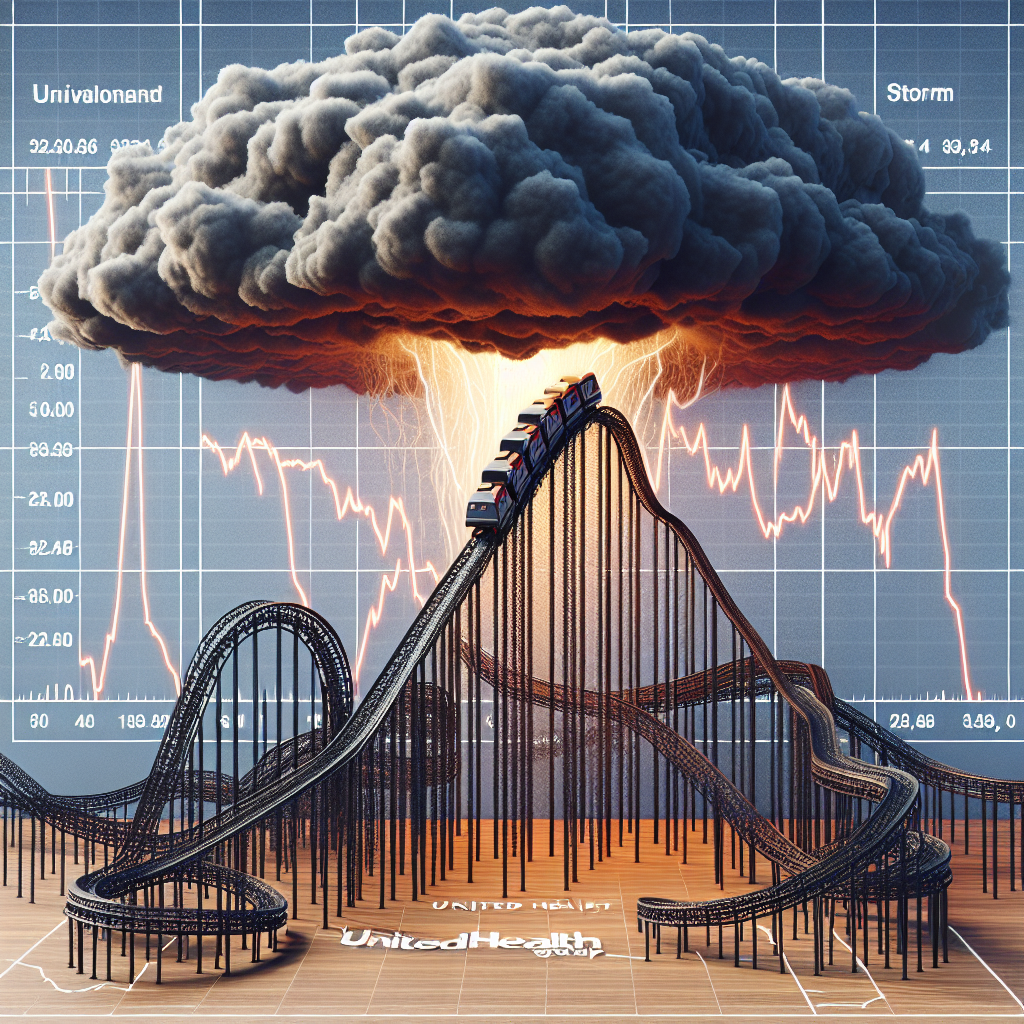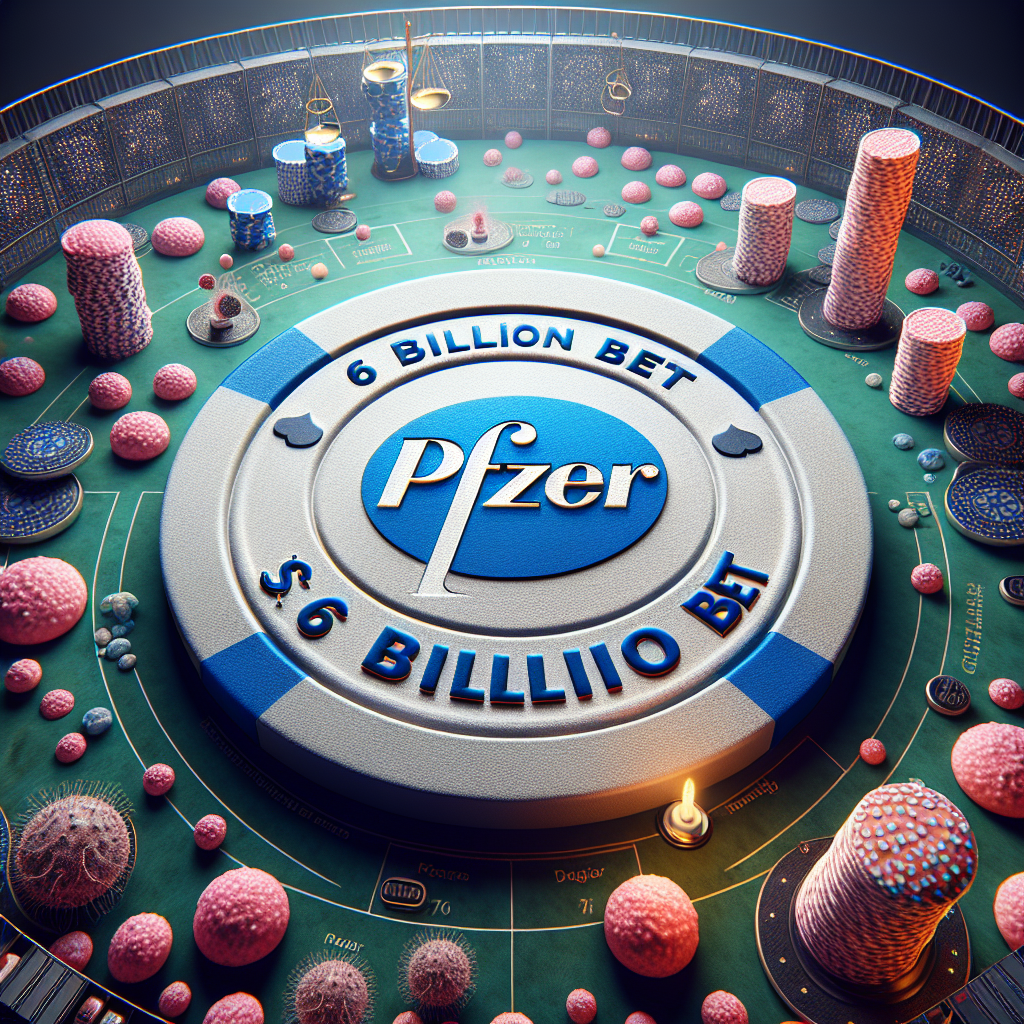Eli Lilly, already the world’s most valuable healthcare company due to its successful diabetes and obesity treatments, is now on the verge of further elevating its market stature with a potential breakthrough in Alzheimer’s treatment. This week, a significant stride was made when an FDA advisory panel recommended the approval of donanemab, Eli Lilly’s pioneering Alzheimer’s drug. This endorsement could catapult the company into the exclusive $1 trillion market capitalization club. Donanemab distinguishes itself by targeting the disease’s underlying pathology rather than merely alleviating symptoms, positioning it alongside Leqembi as one of the few treatments tackling the disease’s root causes on the U.S. market.
While projected revenues from donanemab are modest compared to Eli Lilly’s diabetes and obesity drugs—expected to reach $331 million in 2025 and $705 million in 2026—it represents a strategic diversification. This move is crucial as it mitigates the risks associated with potential competition in the lucrative GLP-1 market, where Eli Lilly, along with Novo Nordisk, currently enjoys a near-duopoly. The company’s continued investment in production capacity for its GLP-1 therapies underscores a robust long-term market outlook, bolstered by surging demand and promising sales data.
The market’s enthusiasm for Eli Lilly’s GLP-1 drugs has driven a remarkable surge in its stock value, which increased by 59% last year and an additional 48% in 2024, pushing its market capitalization to $817.5 billion. To achieve a $1 trillion market cap, the company’s shares would need to exceed $1,050, suggesting a significant potential upside from the current levels.
Eli Lilly’s Alzheimer’s initiative, particularly donanemab, could enhance its portfolio diversity, adding a growth vector outside its core areas of obesity and cardiometabolic diseases. This development comes as the FDA panel, in a surprising unanimous decision, validated the efficacy and safety of donanemab based on its clinical trials, highlighting its capability to slow cognitive decline by 35% in early-stage Alzheimer’s patients—outperforming Leqembi in similar metrics.
Key Takeaways:
- Eli Lilly’s market position is strengthened by the FDA panel’s endorsement of donanemab, setting the stage for approval.
- Diversification into Alzheimer’s treatment with donanemab could mitigate risks from potential competition in the GLP-1 market.
- Continued strong performance and demand for its GLP-1 drugs suggest sustained long-term growth.
- Achieving a $1 trillion market cap hinges on further stock gains, supported by promising drug developments.
Conclusion: Eli Lilly stands at a pivotal juncture, with its strategic foray into Alzheimer’s treatment potentially catalyzing its ascent to a $1 trillion valuation. The company’s ability to innovate and diversify its drug portfolio, especially in high-stakes areas like Alzheimer’s disease, not only enhances its market position but also underscores its role in addressing some of the most pressing healthcare challenges today.
















